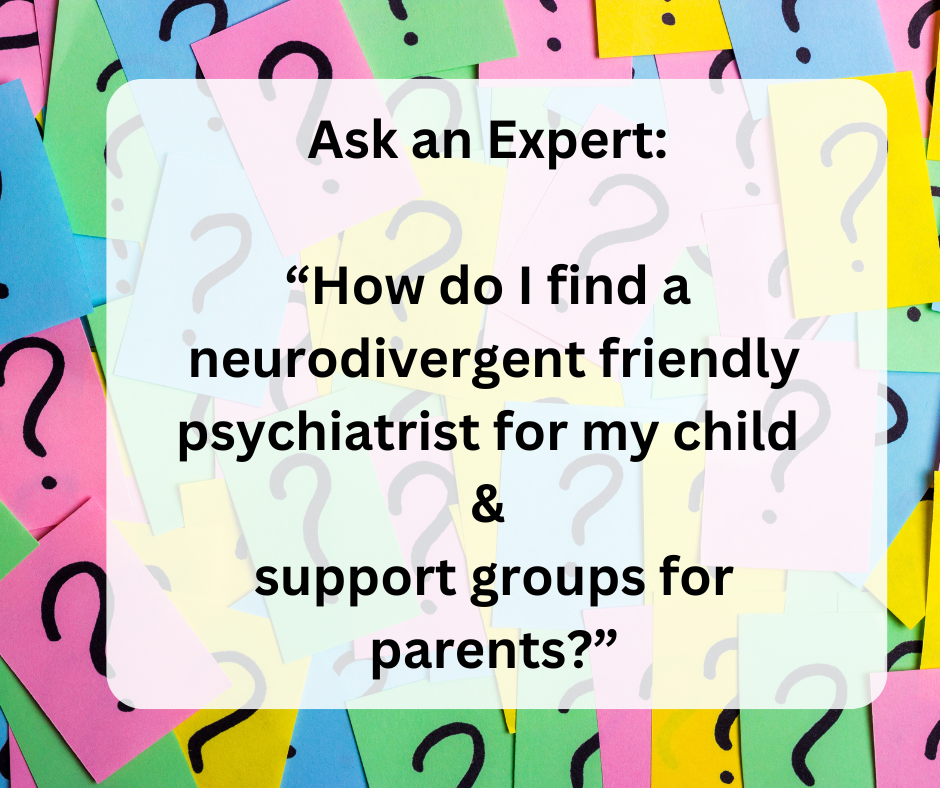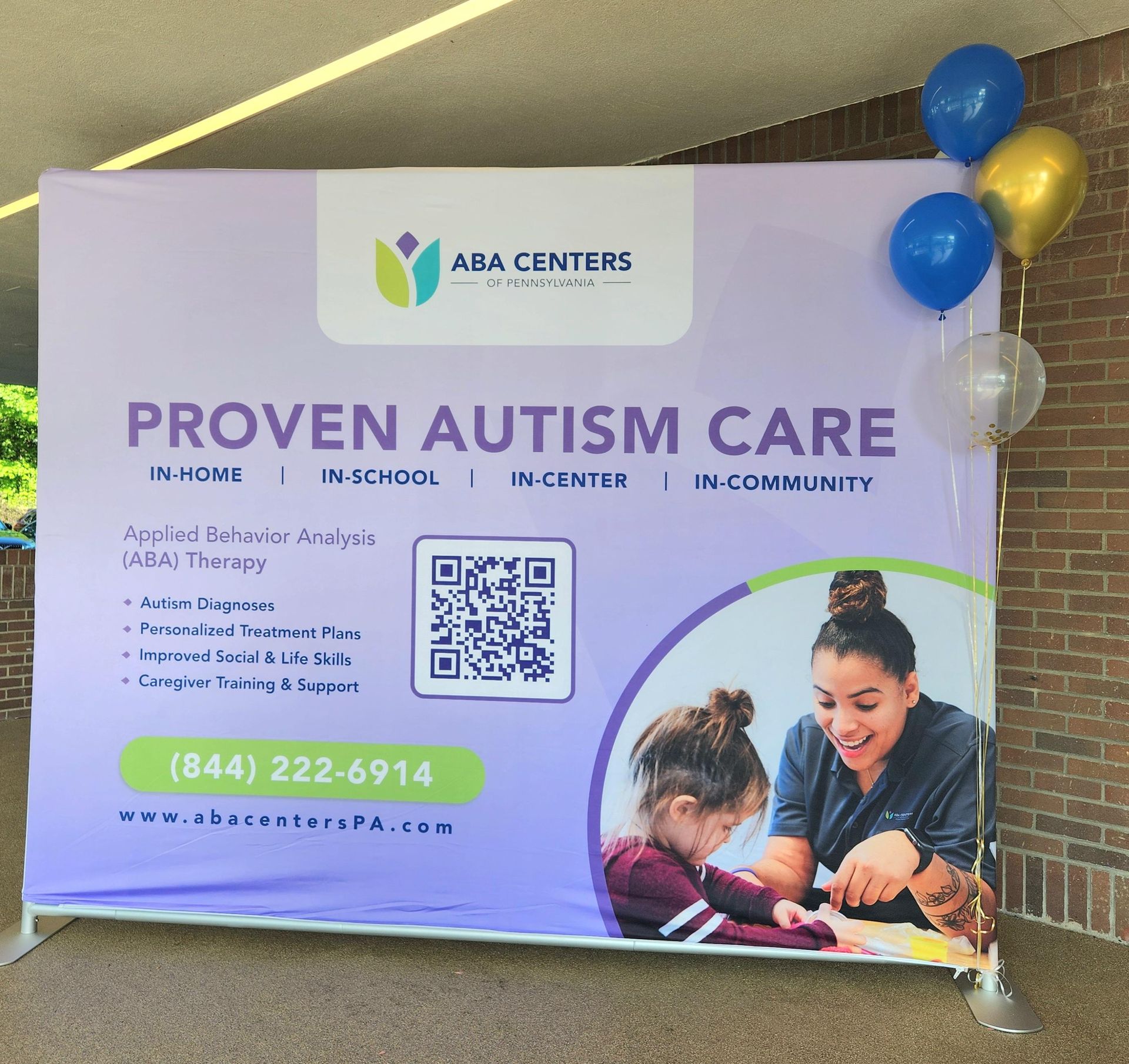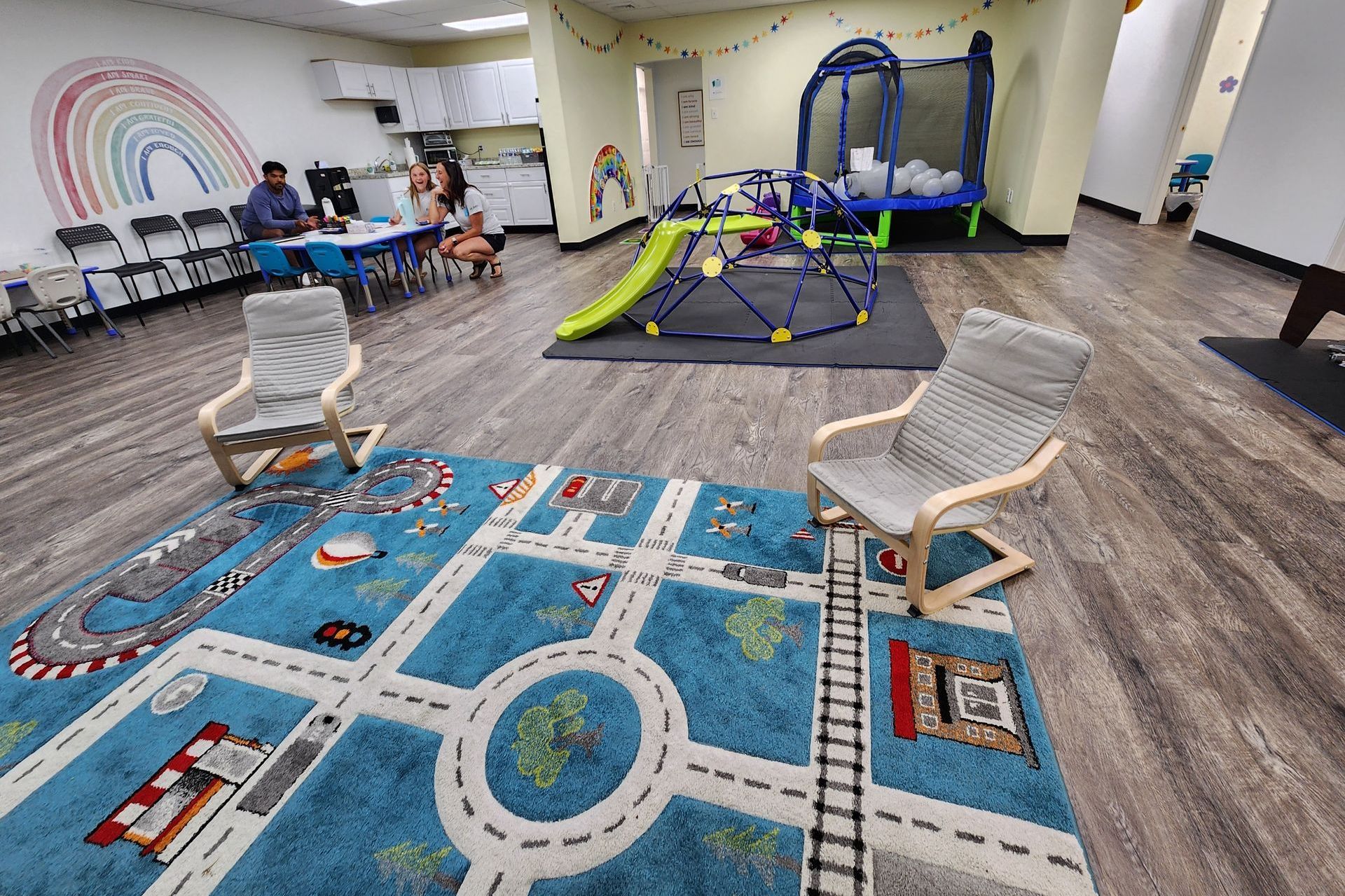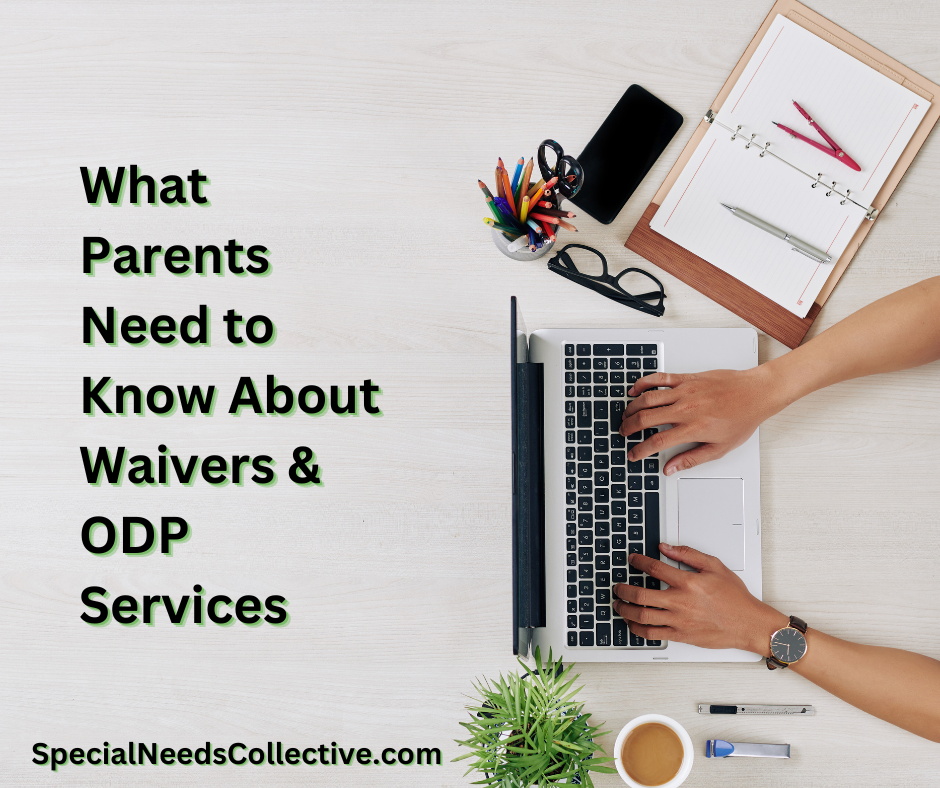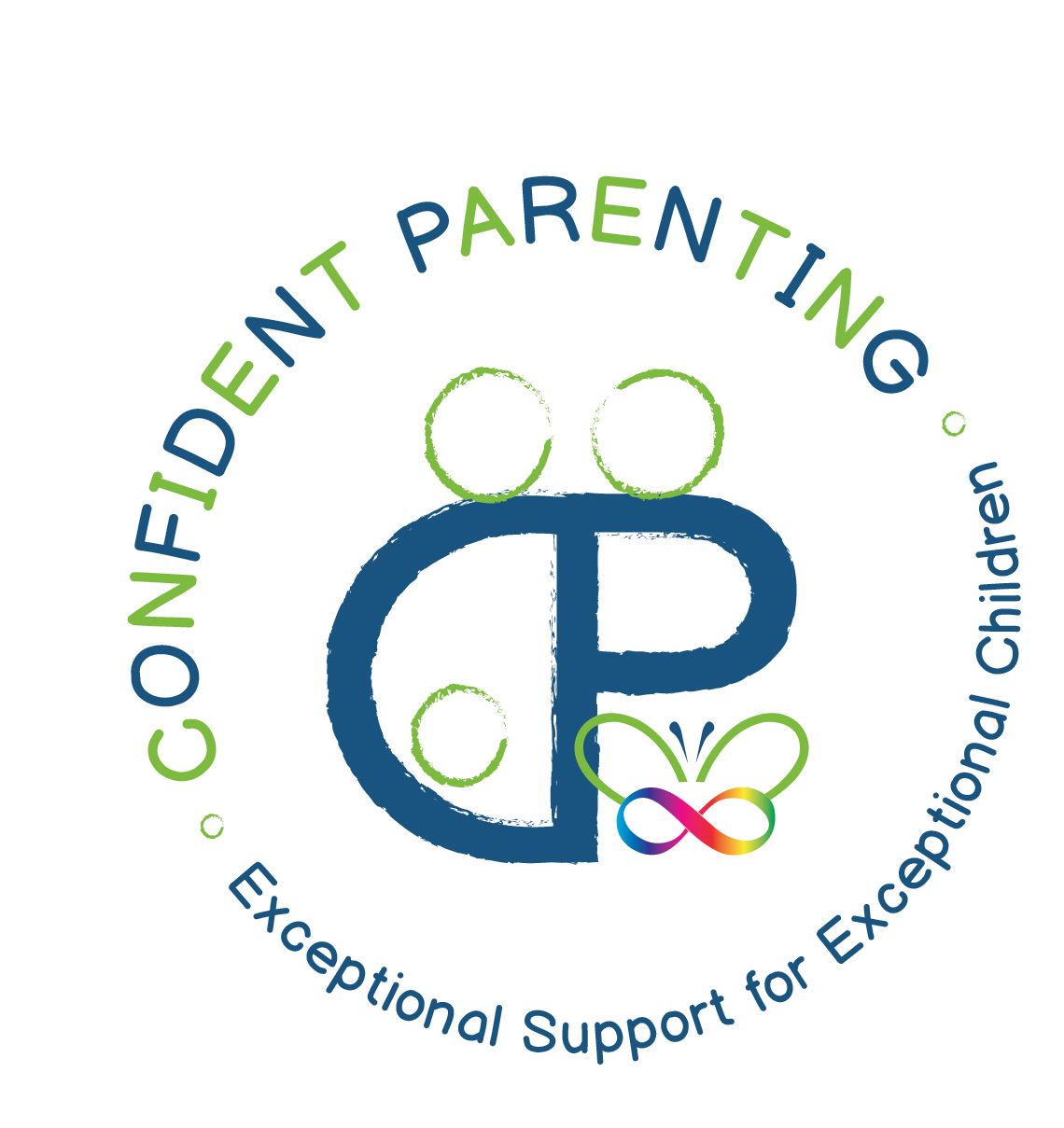As in any field, tutoring and academic coaching happens in a wide price range. There’s no shortage of college students who will charge $20 per hour or less. There are also professional tutors who will charge hundreds of dollars per hour.
What’s a fair price? What are you getting when you spend more? How can you tell whether it’s worth the money? What credentials justify higher prices? How much does a 4.0 GPA or a 1600 on the SAT count for?
There’s a lot to unpack here, and it starts with understanding what words like “tutor” and “coach” mean.
Understanding the levels of tutoring and coaching
There are three basic skillsets to consider.
The first is simply being a subject matter expert, or SME. This is when a person knows their stuff, has aced their classes, has published original research, and so on. They know a topic better than most.
The second is being able to explain the subject matter to a non-expert. This is a completely different and separate skillset from being an expert in the subject.
The third skillset is being able to teach or coach. Teaching and coaching go far beyond explanation to devising systems to support ongoing learning. If you’re really teaching, explanation is only part of what you’re doing. The real work of teaching is to engage the minds of learners, enticing them to acquire knowledge and develop skills, and facilitating those processes. Coaching zooms out even further, helping a learner create systems for learning and development more broadly, and helping a struggling student move toward self-sufficiency. These are complex tasks, and they’re where the real benefits lie.
In other words, there are two quantum leaps in expertise to consider: SME to explainer, and explainer to teacher/coach. Each leap comes with massive benefits, and usually – though not always – a price increase.
Anyone can call themselves a tutor
We tend to think that if someone is an SME, that fact alone makes them a good person to learn from. Even colleges and universities tend to operate on that premise; most professors are little more than SMEs.
This is one reason why there are so many tutors out there. Because it’s so common to assume SMEs are good people to learn from, anyone who has earned good grades or successfully majored in a subject can hang out a shingle as a “tutor”, regardless of how well they can explain, teach, or coach. There are a lot of people who fit this description, hence the relatively low prices at which they tend to operate (think $20-$30 per hour).
Sadly, for most students, a tutor who is just an SME – and not a good explainer, teacher, or coach – will likely be ineffective or worse. They may be charging very little money, but they’ll deliver even less. In fact, expecting help from someone who can’t effectively explain, teach, or coach can leave a student feeling even more daunted than they were before. If a student still can’t understand the material after hiring a tutor, they’re likely to think the material must be even further out of our reach than they had initially thought.
Could you get lucky and find a good explainer or even a decent teacher or coach in the $20-$30 per hour range? Maybe. If you do, hold on to that person with both hands. But don’t bet on finding them.
Explanation can’t explain everything
SMEs who can explain their subjects to non-experts are rare gems. When they become tutors, they command higher rates. Exceptional explanatory ability is typically what takes tutors beyond $20-$30 per hour.
The ability to explain things is deeply valuable for obvious reasons. But it’s also vastly overrated. It’s often the main thing people come up with when they think about what makes a good tutor or teacher, even though we know it’s only part of the puzzle. We know you can’t listen your way to real expertise. Real learning comes from trying things and receiving feedback, and that can’t be replicated just by listening to or watching something. That’s why doctors do residencies, craftspeople do apprenticeships, and employers look for experience.
The real value of effective explanations is:
- To give you a head-start at learning something for real, or
- To help you make sense of something you’re already learning.
Some students don’t need much more than this. A student who is highly motivated, conscientious, and self-aware, but who struggles with understanding a certain subject, might get enough of a boost from a decent explanation of certain topics. In that case, it’s the student who’s really doing the teaching – or, more accurately, self-teaching. The tutor is there to translate complex and esoteric concepts into language the student can handle.
Unfortunately, that’s not enough for most students. Most need at least some help figuring out how
to learn a topic effectively, not to mention executing those methods. For them, if a tutor doesn’t understand or can’t work with the complex dynamics of teaching and coaching, they will be unhelpful at best and counterproductive at worst.
Highly effective and dazzling explanations can often mask this problem: they can give students a short-term feeling of having improved their understanding, which makes it harder to realize that they have a hard time implementing that understanding. This, in turn, makes them prone to the same “what’s wrong with me?” self-criticism described at the end of the previous section.
In my experience, that masking effect is often a factor in the very high prices of some tutors. I’ve seen a lot of tutors who charge well over $100 per hour – sometimes a few times that – who have unparalleled expertise and explanatory ability, but minimal teaching or coaching skills. Their explanations are so impressive that most people don’t question the price premium even if they haven’t really learned effectively. Instead, they blame themselves.
To sum up everything thus far: if you want a tutor who is more than just an SME, you should expect to pay more – though paying more doesn’t always guarantee a better result.
The real deal: Teachers and Coaches
If you really want to get better at something, you have to work your way up to the level of expertise you want. On the way there, the tasks and the pace have to be right. And what’s right for you is going to change as your skills and circumstances evolve, so you need to be able to adjust.
This is where teachers and coaches come in.
Identifying the right path from novice to expert – and helping a learner to walk that path – requires a teacher or coach to:
- Figure out the personality, predispositions, skills, and unique challenges of the learner;
- Visualize the expert that the learner could become;
- Understand what skills the learner will have to develop, and in what order to address them;
- Design experiences that will help the learner develop those skills in the right order;
- Anticipate and perceive new challenges as they come up;
- Be sensitive to external factors that might affect the process;
- Do all of this while maintaining a good working and personal relationship with the learner; and
- Be ready and able to adjust any and all of these factors at any time as work proceeds.
This is why good teachers and coaches are so rare. This is why good teachers and coaches charge more for their services. Getting good at teaching and coaching requires a lot of time, a lot of talent, and a commitment to continual improvement. The result is someone who can do much more for many more people.
For these reasons, good teachers and coaches are rare at low and even moderate price points. If you can find one under $200 per hour, and if you can afford to pay that, jump on it.
If that kind of expense is a stretch, consider this: the job of a teacher or coach is to get you to the point that you no longer need them, and a good one will get you there faster. With the right one, you might spend more per hour, but you could easily spend fewer hours for better results.
Also consider the value of having learned real skills and gotten your feet under you. A tutor who has good teaching and coaching skills won’t just help you know things or succeed in one topic area; they will help you develop broadly applicable tools like metacognition, self-awareness, self-efficacy, and techniques to manage stress and mental workload – tools you can use anywhere on any task. Those skills will keep paying off long after the impact of your GPA or test score has faded into insignificance.
Again, paying more is no guarantee of a better result. But better results almost always warrant higher prices.
What if I want the highest level of expertise but not the highest prices?
Don’t worry! You have a few options.
- Do a few sessions with a tutor who has good teaching and coaching skills, and then scale back your sessions with them as you continue on your own. This requires solid discipline on your part, but it’ll pay off in a big way if you can pull it off. Your tutor can help you get a framework in place, and then they can step back as you take the reins. You can always set up a schedule to check in with them at longer but regular intervals.
- Get together with friends or peers for group sessions. Multiple people can split the fee, making it much more manageable. With a good tutor and the right group, it won’t be like any old class; it’ll be like multiple people getting high-quality individual tutoring at the same time. If that doesn’t seem possible, contact me.
- Conduct a lot of interviews – and, if possible, auditions. Any good tutor should be willing to have an initial open-ended meeting with any prospective student. Take advantage of this. Make sure the tutor you select has a good understanding of what you need, good ideas about how to help you, and clear evidence that they can do what they say they can. Personality counts for a lot, too. If you can relate to each other effectively, that will have just as big an impact as any other asset the tutor might bring. Finding the right combination can take a lot of work, but it’ll also help you get the most for your money – or save you from spending too much.





